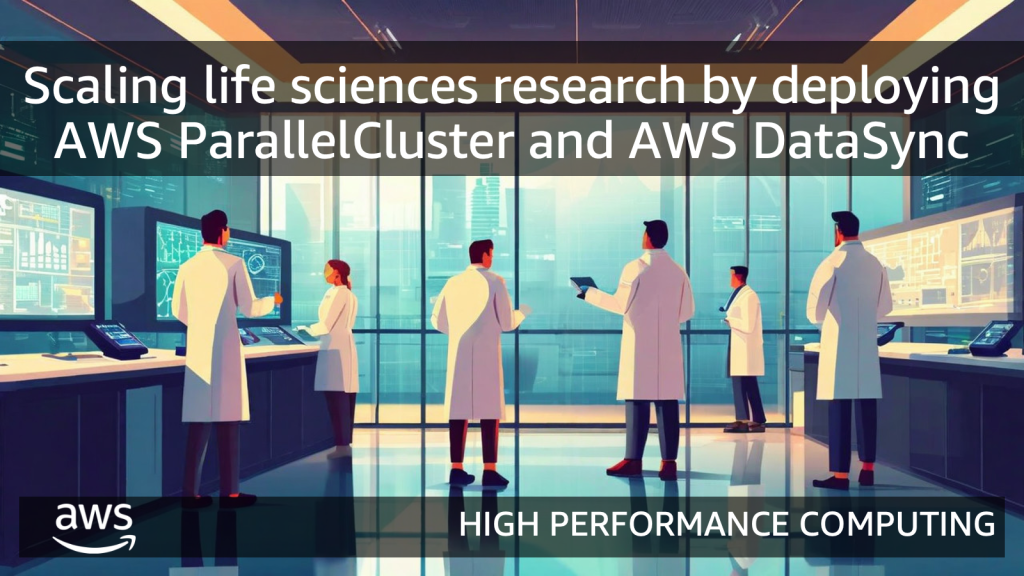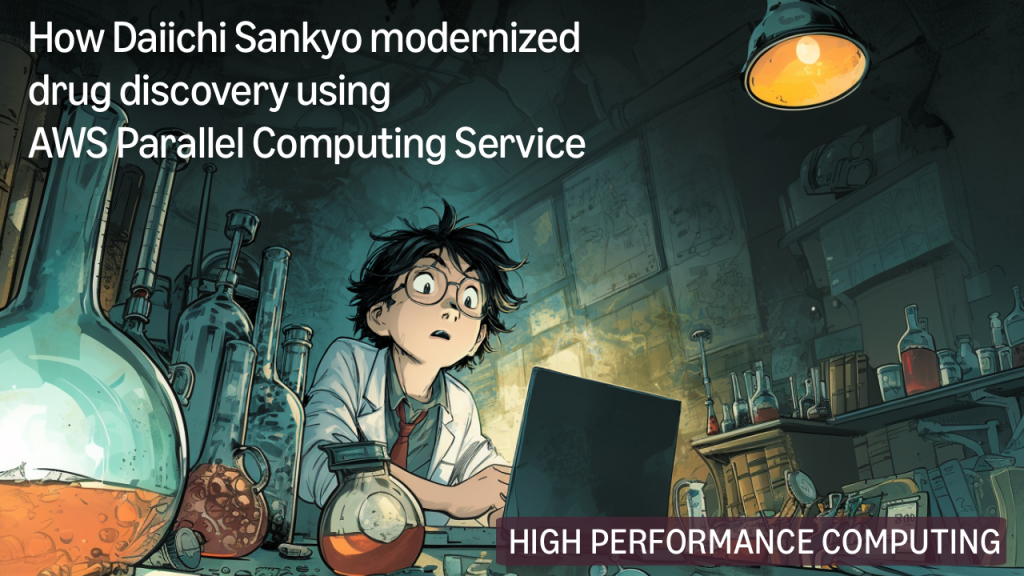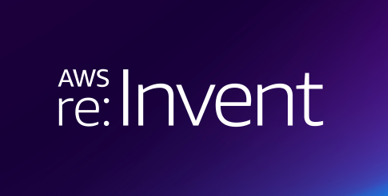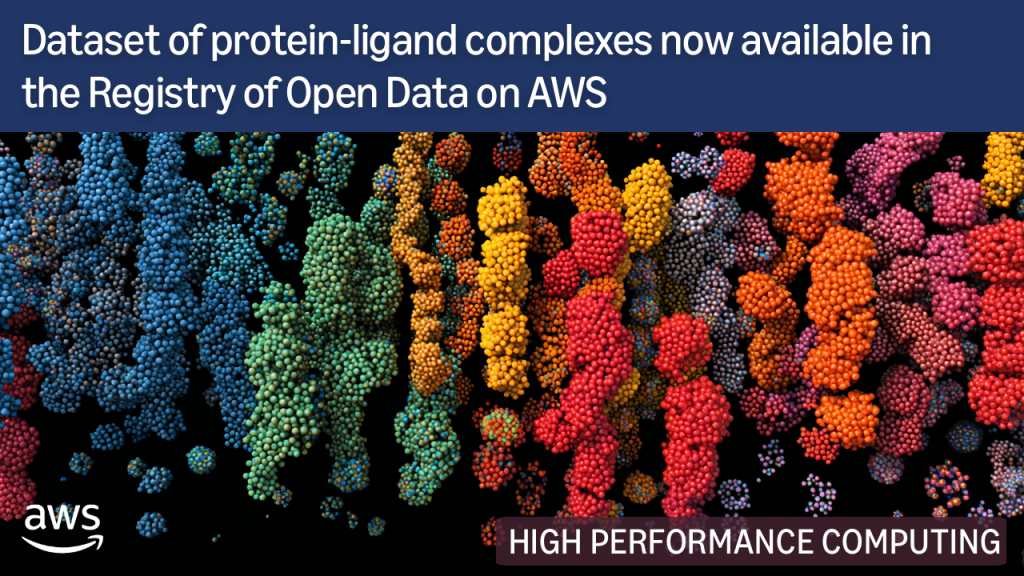AWS HPC Blog
Tag: Research Computing
Scaling life sciences research by deploying AWS ParallelCluster and AWS DataSync
In life sciences research, managing large-scale computational resources and data efficiently is important for success. However, traditional on-premises environments often struggle to meet these requirements effectively. This post demonstrates how JSR Corporation transformed their research infrastructure using AWS ParallelCluster and AWS DataSync, achieving a 33% reduction in CPU usage and 85% in storage requirements. JSR’s […]
How Aionics accelerates chemical formulation and discovery with AWS Parallel Computing Service
This post was contributed by Mohamed K. Elshazly, PhD, Kareem Abdol-Hamid, Sam Bydlon, PhD, Aarabhi Achanta, and Mark Azadpour The decarbonization of our modern economy depends on solving a defining scientific challenge: developing batteries that are both safe and high performing. From electrical grids to vehicles and aviation, these energy storage devices must provide power […]
How Daiichi Sankyo modernized drug discovery using AWS Parallel Computing Service
This blog was co-authored by Takehiro Nakajima and Mark Azadpour from AWS and Rintaro Yamada, Rei Kajitani and Ryo Kunimoto from Daiichi Sankyo In recent years, the informatics field of drug discovery has seen a rapid increase in workloads requiring large-scale parallel computing, such as genome analysis, structure prediction, and drug design. Daiichi Sankyo has […]
AWS re:Invent 2025: Your Complete Guide to High Performance Computing Sessions
AWS re:Invent 2025 returns to Las Vegas, Nevada on December 1, uniting AWS builders, customers, partners, and IT professionals from across the globe. This year’s event offers you exclusive access to compelling customer stories and insights from AWS leadership as they tackle today’s most critical challenges in high-performance computing, from accelerating scientific discovery to optimizing […]
Optimizing undersea cables: how Orsted and AWS modeled seabed thermal properties
This post was contributed by Ross Pivovar, Rafał Ołdziejewski, Cindy Xin Qi Lee Offshore wind farms play a critical role in the global transition to renewable energy and clean power generation. But generating electricity is only half the battle—safely and efficiently transporting that power to the grid through undersea cables is equally important. Today, we’ll […]
October was busy for HPC in the cloud
It’s been a busy month in the world of HPC on AWS: we’ve seen new data sets, refinements to cluster operations, and deeper thinking about how workloads map to infrastructure. For our customers driving R&D with HPC, those changes matter (and yes, the nerd in me is quietly excited). In today’s post, we’ll tell you […]
What’s the difference between AWS ParallelCluster and AWS Parallel Computing Service?
It’s been a year since we announced AWS Parallel Computing Service (PCS). In a way this is the third generation of Slurm-based HPC orchestrators that we’ve brought to you. We’ve learned much from helping customers deploy serious production workloads on AWS ParallelCluster, which itself grew from the foundations layed by CfnCluster – the open-source project […]
A scientific approach to workload-aware computing on AWS
HPC workloads demonstrate predictable resource patterns that can directly determine optimal cloud instance selection. To save you conducting extensive custom benchmarking, this blog post presents a data-driven methodology for instance selection based on established performance research. In this post, you’ll learn how to use coupling patterns to drive instance selection. We’ll outlines our scientific methodology […]
Dataset of protein-ligand complexes now available in the Registry of Open Data on AWS
This post was contributed by U. Deva Priyakumar, Rakesh Srivatsava, Prathit Chatterjee, Vladimir Aladinskiy, Ramanathan Sethuraman, Yusong Wang, Alex Iankoulski, and Beryl Rabindran Today, we’re excited to announce the release of a comprehensive dataset featuring molecular dynamics (MD) trajectories for over 16,000 protein-ligand complexes (PLCs). This dataset, now available on AWS as part of the […]
Announcing expanded support for Custom Slurm Settings in AWS Parallel Computing Service
Today we’re excited to announce expanded support for custom Slurm settings in AWS Parallel Computing Service (PCS). With this launch, PCS now enables you to configure over 65 Slurm parameters. And for the first time, you can also apply custom settings to queue resources, giving you partition-specific control over scheduling behavior. This release responds directly […]









